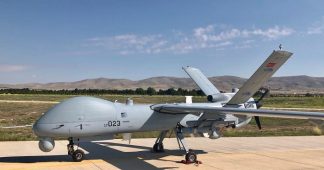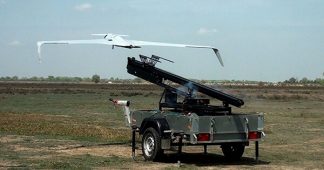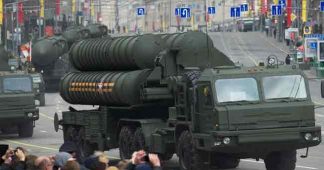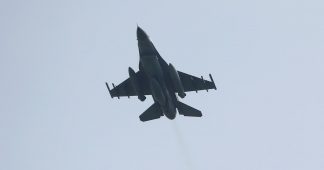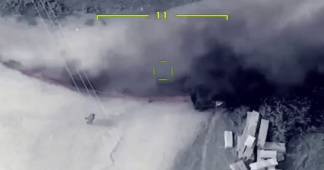As recently as the early 2000s, Turkey was dependent on Israeli-made unmanned aerial vehicles (UAVs, or drones) in its asymmetric warfare with Kurdish rebels fighting for autonomy or independence in parts of Turkey, Iraq, and Syria. When the country set out to design, develop, and produce its first indigenous drone, the Anka, technological snags beset the program. The 100% Turkish-made Anka ultimately boasted a foreign engine, a foreign automatic take-off and landing system, foreign landing gear, a foreign flight data computer, foreign radio, foreign sensors, and a foreign targeting pod—even a foreign name (“Anka” is a Persian word). During flight tests it suffered several crash landings.
Yet despite that discouraging start, in slightly over a decade Turkey became the operator and exporter of fine drone systems. The credit for this success goes to vigorous private enterprise in the form of a partnership between Kale and Baykar, maker of the famous Bayraktar TB-2 armed drones.
In 2011, Kale-Baykar won a contract for serial production of the Bayraktar from Turkey’s defense procurement office. The second phase, involving the development and serial production of Bayraktar Block B (TB-2), commenced in January 2012. The Bayraktar TB-2 completed its first flight in April 2014. The first acceptance tests of the UAV were conducted in November 2014, and six UAVs were delivered to the Turkish Land Forces by the end of that year. A second batch of six indigenous Bayraktar TB-2 drones was handed over to the Turkish Land Forces in June 2015.
Continue reading at besacenter.org

